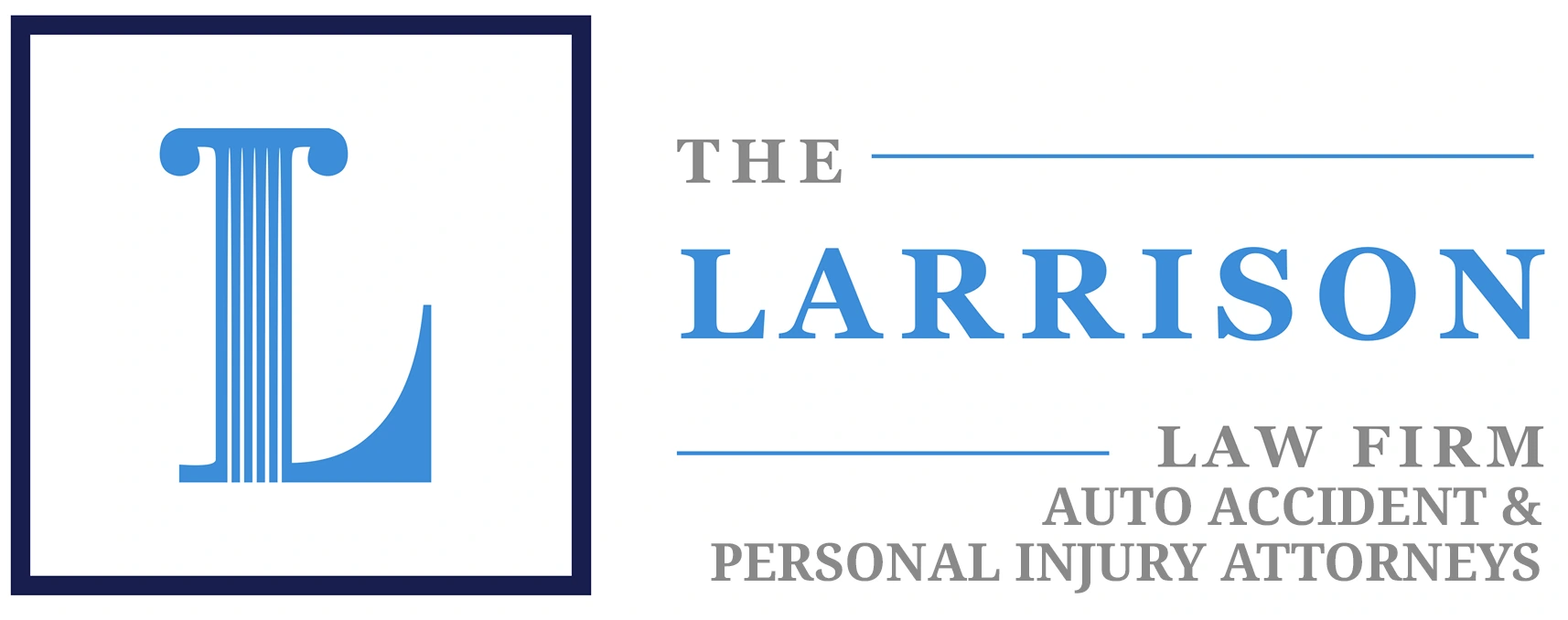Now, more than ever, attorneys and their clients are exploring alternatives to jury trials. With Covid-19 shutting down the courts, personal injury cases that are in litigation have come to a complete standstill. Even further, once the courts do reopen, we cannot expect jury trials to resume right away as the courts must remain in compliance with the health guidelines set forth by the CDC and other health experts; the biggest of these guidelines would be social distancing guidelines. Thus, we have already previously discussed creative and alternative ways to circumvent this process in order to expedite the timely resolution of personal injury cases.
One of the most common methods attorneys utilize in resolving a case without going to trial is mediation (also referred to as Alternative Dispute Resolution or ADR).
WHAT IS A MEDIATION
A mediation is an informal process for resolving your personal injury claim, where an independent mediator assists the parties in reaching a satisfactory settlement of the claim. The most important thing to remember at a mediation for personal injury claims is that they are informal and nothing is on the record. While the independent mediator may take notes and jot down numbers to discuss with the parties, he/she does not submit these notes to the court to make it a part of the record. Therefore, all parties involved can feel comfortable discussing the strengths and weaknesses of their cases without fear of the other side discovering this information.
Mediations are often agreed upon by the parties, but still, you will often find that judges will also order or require the parties to mediate their cases prior to proceeding with trial.
WHO IS THE MEDIATOR
The Mediator for personal injury cases is an independent and neutral attorney that is usually well-versed and experienced in the field of Georgia Personal Injury Law. The mediator can also sometimes be a judge, though not the judge assigned to your case. He/She will have little knowledge of your case in particular, except what is in the case file and the briefs that each attorney has provided to the mediator prior to the mediation. This means that the mediator can assess your case with a fresh perspective and can also provide his/her experience to help provide you some guidance in regards to the value of your case.
WHO PICKS THE MEDIATOR
Most often, the attorneys will agree to a private mediation, and they will each provide a proposed list of mediators that they are comfortable using. Usually from that list, the attorneys can agree on a mediator.
Occasionally, the parties will not agree to a private mediation, and if the court mandates a mediation, then they will have to select a mediator on the list provided by the court. Though these mediators can be less expensive than private mediators, you may also get stuck with a list of mediators who are not as familiar with personal injury law in Georgia.
WHO PAYS FOR THE MEDIATION
Unless otherwise agreed upon prior to mediation (which is extremely rare), the parties will split the cost of the mediator equally. Mediators will charge a few hundred dollars per hour, so understand that if your mediation lasts longer than 4-5 hours, then the mediator’s fee can and will exceed $1,000.00. This amount is a file expense that would come out of your bottom line once the case settles. Therefore, understand that if the mediator’s fee ends up costing $1,800.00, then (while your attorney will front those expenses) $900.00 would be a file expense fee that would be deducted from your bottom line dollar amount (or in pocket take home amount).
Therefore, your attorney will usually request that the insurance company pay the entire cost of the mediation in an effort to resolve your claim and increase the bottom line dollar amount that goes into your pocket.
HOW LONG AND HOW DOES THE MEDIATION PROCESS WORKS
Though mediations can be as quick as just a couple of hours, prepare to spend most of your day at the mediation. The goal is to stay at the mediation so long as all parties are still talking and negotiating. You should only end the mediation once all parties have come to an impasse that simply cannot allow for a resolution.
The process, which usually begins in the morning, starts with all parties sitting at the same table. The mediator will introduce him/herself to the entire group outlining his/her experience, and will then proceed to outline the parameters of the mediation. Afterwards, the mediator will ask each party present to provide a statement. This statement will be similar to an opening statement that each attorney would provide at trial, though much more abbreviated. The mediator will then provide you the opportunity to add anything, so make certain to discuss with your attorney beforehand what remarks you should make, if any. After this, the mediator will separate all the parties into separate rooms.
At that point, each party will spend their one-on-one time with the mediator, where each party will open up more about their cases and their positions. Usually, your attorney will have already extended a formal offer through his/her initial demand letter, and therefore, the mediator will spend the bulk of his/her initial time with the insurance company and their attorney as they provide a counteroffer and proffer their defenses to your initial demand. The mediator will then come into your room and provide you with that number.
At that point, the mediator will provide you with his/her observations, and spend some more time with you to learn more about you as a person and then will talk with your attorney. During this conversation, your attorney will advocate on your behalf and then the two of you (or three, if you include the mediator) will make a counteroffer to the insurance company’s initial counteroffer which the mediator will take back to the insurance company and their attorney.
This process will then play out for as many times as it has to until the parties can reach an amicable resolution of the case. Mediators have no limits on how many times they will go back and forth in between rooms with settlement numbers and evidence. Their goal is to reach a settlement number in which all parties are satisfied.
If you do reach a settlement, then you will have to sign an informal settlement agreement that will outline the parameters of the settlement.
Important to remember, that if a settlement is not reached, then the numbers discussed nor the thoughts and impressions of the mediator will get introduced at trial.
WHAT HAPPENS IF MEDIATION FAILS
In theory, nothing really changes after a failed mediation. You still remain on the court’s docket to be called for trial. Usually, mediations represent the best opportunities to resolve cases prior to going to trial. Therefore, your chances of your case being tried in front of a jury will certainly increase after a failed mediation.
Occasionally, though not common, more evidence will come to light from the time of the failed mediation to the time for trial that may allow for a second mediation.
HOW CAN I BEST PREPARE FOR MY MEDIATION
The easiest answer is to attend your mediation with an open mind and open ears. Rely on the experience of your attorney, ask questions to both your attorney and your mediator, and listen to what they have to say. The insight you can gain on your case will be invaluable. The mediator should be considered a great resource and not your adversary even though they will be listening to all parties. Ask him or her for their thoughts on specific issues and pieces of evidence. Their knowledge will help both you and your attorney in making the best decision for your case. Other than that, let your attorney do all the preparation.
Car Accidents
A car wreck can lead to whiplash, head trauma and other serious injuries. If you were hit by a negligent driver, we will help you seek the compensation you need to recover.
Truck Accidents
Tractor-trailer accidents often cause major destruction. We will be your steadfast advocates, going up against the trucking company on your behalf.
Motorcycle Accidents
Too often, drivers fail to look carefully for motorcyclists. The result is often a serious crash. We will help you hold the wrongful driver accountable.
Your Health Comes First
At our law firm, nothing is more important than your health and well-being. After an accident that causes serious injury, it is important that you get the medical attention you need to recover. Do not put off seeking treatment after an accident. As you begin your recovery, we will assess your situation and review your insurance policy to determine if MedPay can cover some or all of your medical expenses. If it does not, we will help you determine your options.
Never Settling Until You Are Ready
At our law firm, we are focused on doing what is right for you. We will never push you into a resolution that you are not comfortable with or recommend that you settle your case before you are ready. We want what is best for you and will do everything in our power to achieve it.
At Our Firm, Your First Consultation Is Free
We would like to speak with you about your injuries. Schedule a free consultation with one of our experienced attorneys at Larrison Law Firm by calling 770-554-8100. You may also get in touch with us online.




